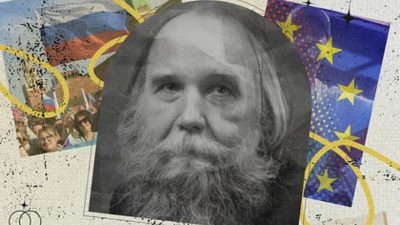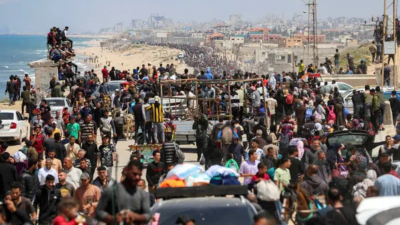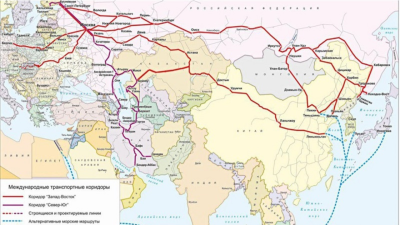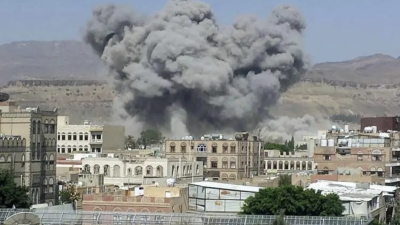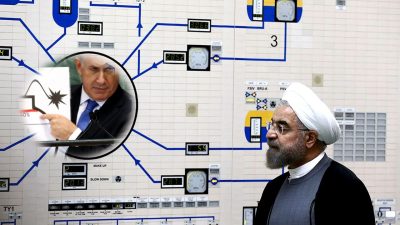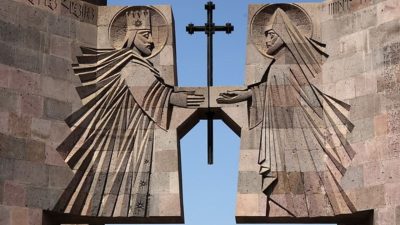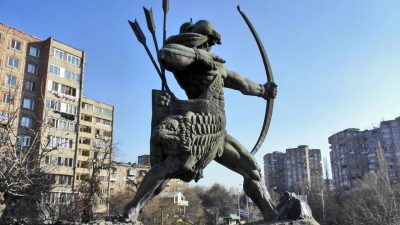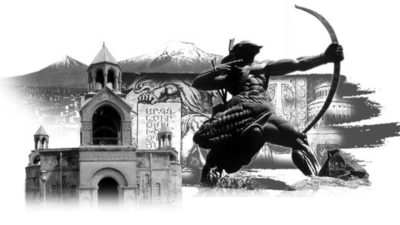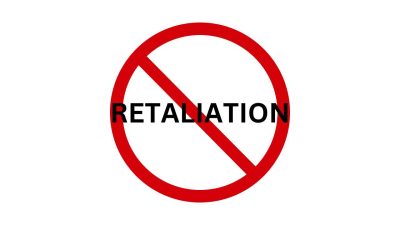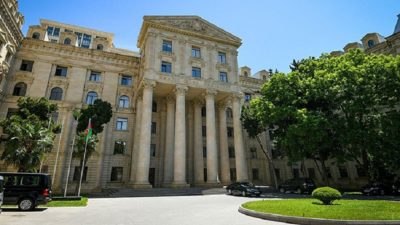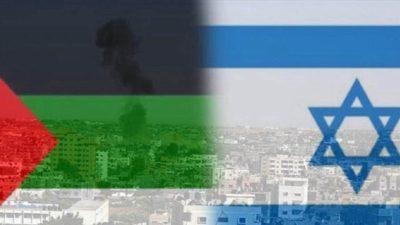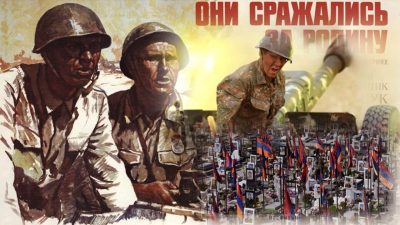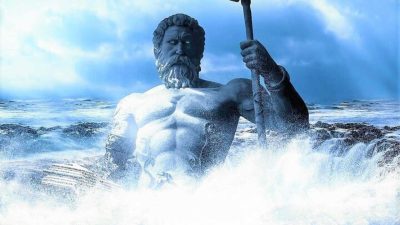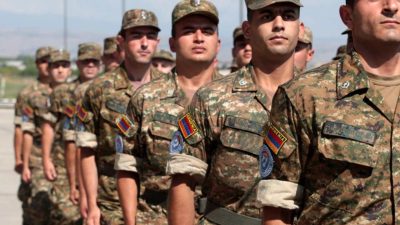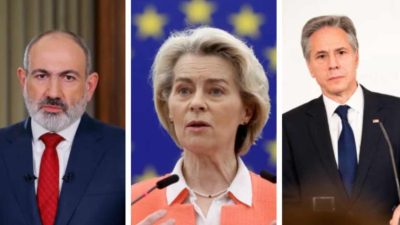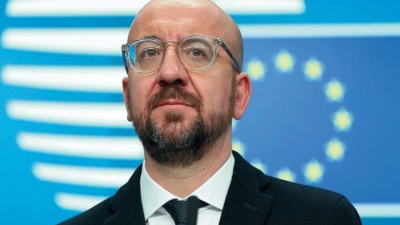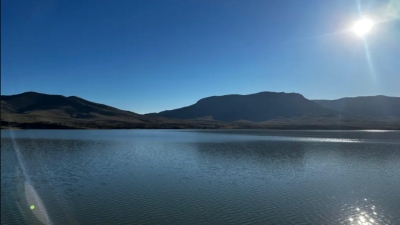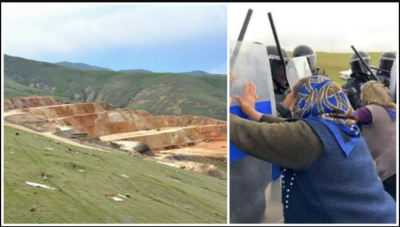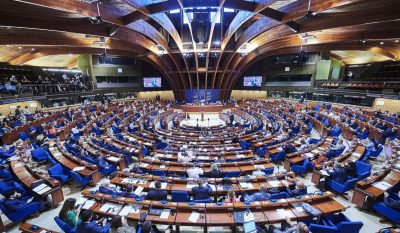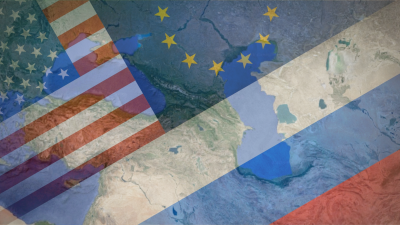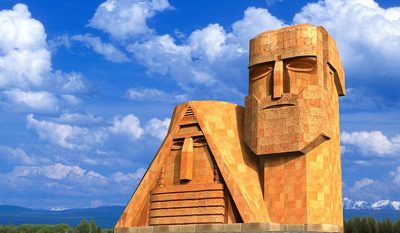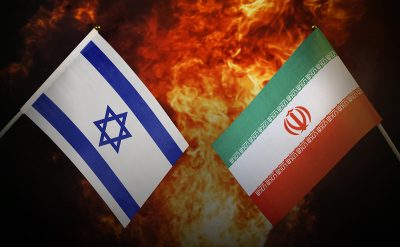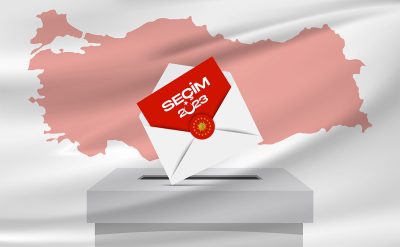The Decline of Dugin’s Eurasianism
This article examines the context of Russian philosopher Alexander Dugin’s open letter to Azerbaijani President Ilham Aliyev in May 2025, concerning the arrests of the “Azerbaijani Eurasians”.
On Israel’s Plans to Deport Palestinians from Gaza by Force
The government of Benyamin Netanyahu does not consider the war with Hamas in the Gaza Strip to be over. The ceasefire that took effect in January 2025, however, was not a harbinger of long-term peace.
International Transport Corridors & Their Impact on Regional Security
The strength of a state’s position in the international system is largely determined by the success of its economic development.
Yemen and the U.S. policy in the Middle East
From mid-March 2025 the United States launched air strikes on the territories controlled by the Yemeni Houthis. Symptomatically the operation was first announced not by the Pentagon, but by the U.S. President Donald Trump personally on his online page Truth Social.
The 9-month phase of the West–Georgia discordance: the aftermath of the adoption of the widely debated law and the background of the struggle against it
The work presents the developments that took place in and around Georgia during the period from April to October 2024 (before the parliamentary elections held on October 26), the recirculation and adoption of the bill on “Transparency of Foreign Influence”, the pre-election processes conditioned by it, and the complex developments that took place around Georgia
The 9-month phase of the West–Georgia discordance: the aftermath of the adoption of the widely debated law and the background of the struggle against it
The article presents events that took place in and around Georgia during the period from April to October 2024 (up to the parliamentary elections held on October 26).
Iran between Scylla and Charybdis
The article continues a series of studies on the influence of nuclear weapons on the processes taking place in our region. In the sense article touches upon some aspects of Iran's nuclear program that are little or not covered in Armenian analytical literature.
The 9-month phase of the West–Georgia discordance: The aftermath of the adoption of the widely debated law and the background of the struggle against it
The article presents events that took place in and around Georgia during the period from April to October 2024 (up to the parliamentary elections held on October 26).
Education and Culture
Humans have always strived for knowledge. Even the biblical episode of the forbidden fruit, among other issues, reflects mankind’s “inclination” to learn new things and understand the unknown.
Strength and Potential
Today, as in the past, we must once again re-evaluate and accurately define the concept of strength in the context of the Armenian nation and state.
Faith, Homeland, State
From a spiritual standpoint, the mission of the Armenian people – who embraced Christ’s teachings through the Apostles and were the first to adopt Christianity as a state religion—is centered on the salvation of both the individual and the nation.
Armenian National Ideological Standpoint. The Path of Hayk and the Path to Hayk
National identity is the collective consciousness and appreciation of common origins, language, homeland, faith, education, and culture.
On the axiological foundations of the National ideology
Since the restoration of independence in the early 1990s, the challenges that befell the Armenian people, including the loss of Artsakh, the preceding and subsequent events, became the gravest challenge that shook the foundations of the Armenian national-state life and ideology.
Reticence to retaliate
The ceasefire in 2020 that ended the Second Artsakh War (44-Day War) instigated a post war examination, including research to better understand Armenia’s political and military failures.
Islam and Azerbaijan’s Foreign Policy
Azerbaijan employs a dualistic strategy in its religious sphere. Domestically, Islam is meticulously managed under state control, undergoing modifications and being constrained by national interests.
Why is Ankara pushing the idea of a “two-state” model on the Palestinian case?
The decades-old conflict between Palestine and Israel in the Middle East, at present acute situation, which continues with many casualties and destruction, compels several states to find a final solution to the problem in order to put an end to the conflict.
Armenia on the map of “War and Peace”
Based on answers to the question "Would you fight for your country?" of the survey, conducted in 2023 by the Gallup International in 45 countries, including Armenia, the map of «War and Peace» is constructed.
Would you fight for your country?
The article presents results of the “Global Barometer of Hope and Despair”; survey, conducted in 2023 by the Gallup International Association in 45 countries, including Armenia.
Turkey–Iraq. will the water conflict be over?
It is no secret that water is a strategic resource and a security issue for states. Eloquent proofs of this are the 1634 water conflicts that have taken place in different parts of the world from different periods of history to the present day.
A look to the future: key takeaways from Armenia’s recent political & military failures
Following the ceasefire in 2020 that ended the Second Karabakh war between Azerbaijan on the one side and the de-facto Nagorno-Karabakh (Artsakh) Republic and Armenia on the other, military-political leadership in Armenia, inclusive of local institutes as well as diasporan initiatives, have pushed for more research to improve security policy, models of deterrence and doctrinal approaches to Armenian national strategic objectives.
Will Pashinyan return from Brussels “with peace for an entire generation”?
A joint meeting between RA Prime Minister Nikol Pashinyan, European Commission President Ursula von der Leyen and US Secretary of State Anthony Blinken is scheduled to be held on April 5, 2024, in Brussels.
“Democratic Standards” by Charles Michel
On March 15-17 the presidential elections were held in the Russian Federation, according to which the incumbent head of state Vladimir Putin received 87,28% of the votes.
Environmental aspects of Azerbaijan’s foreign policy towards Armenia and Georgia
On February 28, 2024, at the session of the Milli Majlis of the Republic of Azerbaijan, Sadig Gurbanov, Chairman of the Parliamentary Committee on Natural Resources, Energy and Ecology, stated that most of the water entering Azerbaijan through the Kura River is polluted by Georgia and Armenia.
TURKEY CONTINUES POLICY OF CHRISTIANOPHOBIA
According to the decree of the Turkish president, the famous Chorа church – the Greek monastery of the Byzantine Empire – will be opened as a mosque on 23.02.2024.
I. ALIYEV REGIME DAMAGES THE ECOLOGY OF HIS COUNTRY
In December 2023, the United Nations decided that the next World Climate Conference will take place in Azerbaijan. According to the UN tradition, the right to hold this major event should be given primarily to countries that strive for a natural balance in developing green industry and have the most tangible experience in the field.
SERBIA SPOKE OUT IN DEFENSE OF AZERBAIJAN
On 02.05.2024, members of the delegation of Serbia to the Parliamentary Assembly of the Council of Europe (PACE), consisting of 7 people, has sent an appeal to President of the Parliamentary Assembly of the Council of Europe Theodoros Roussopoulos, objecting the resolution, regarding the Azerbaijani delegation credentials to PACE.
GEOPOLITICAL POSITIONING OF THE SOUTHERN CAUCASUS IN THE CONTEXT OF THE WEST – RUSSIA OPPOSITION: MOTIVES, SUBJECTS AND FACTORS
The article examines the specifics of the role of the South Caucasus in the system of international relations within the light of the previous (until 2020) balance of interests between Russia and the West, as well as their current confrontation. The author presents a brief analysis of the history of the relations between the centers of power in the South Caucasus after the collapse of the USSR, and also highlights the key problems that may arise in the process of revising the place of the South Caucasus region within the context of the modern geopolitics.
THE KARABAKH PROBLEM AS A GAP IN THE IDEOLOGICAL DOCTRINES OF THE RF AND THE USA/WEST
Today, the world is again on the verge of global upheavals, which is signaled by the situation happening with a handful of surrounded and blockaded people, who wish to live freely on their land in line with their values and traditions
as it has been for millennia.
NEW EXACERBATION IN ISRAEL-IRAN CONFLICT: SITUATION ANALYSIS
At the end of January 2023, one of the military facilities located in the center of the city of Isfahan, Iran, was subjected to an air attack. According to Iranian official sources, the air attack was carried out using launched UAVs and did not cause serious damage to the infrastructure of the military facility.
THE REPUBLIC OF ARMENIA AND THE BLACK SEA ENERGY SUBMARINE CABLE PROJECT: GEOPOLITICAL ASPECT
During 2022 due to the special actions of Turkey, Azerbaijan and a number of European structures and countries, the Republic of Armenia was left out of the “Black Sea Energy Submarine Cable” project.
PRESIDENTIAL ELECTIONS IN TURKEY-2023
2023 Turkish presidential and parliamentary elections will be a turning point for the country. The upcoming elections have already attracted considerable attention both inside and outside the country. According to expert assessments, a fierce struggle is expected between the ruling party and the opposition.
